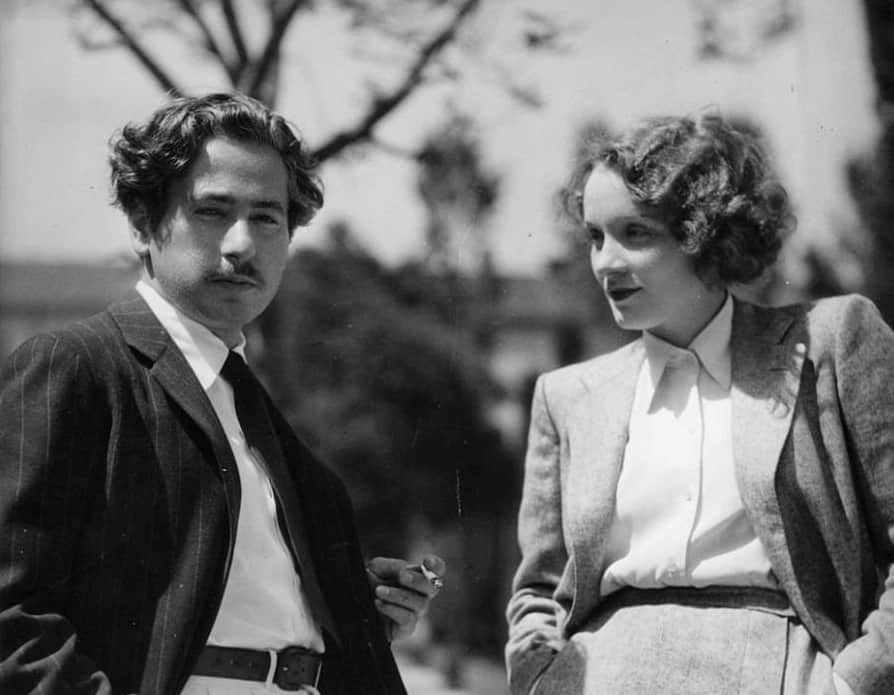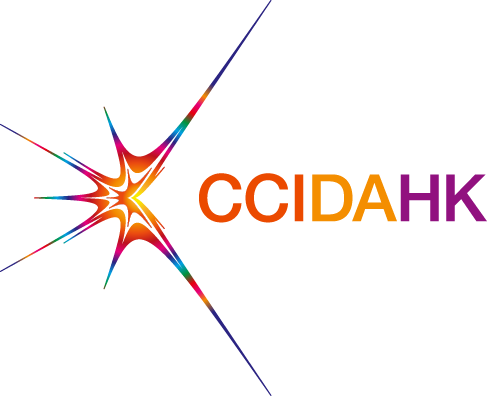Seminar on Dietrich x Sternberg
Donning a top hat, slipping into a tailcoat; through the haze of cigarette smoke, she sings in an alluring voice with cold disdain. Here on stage is the seductive androgynous goddess – Marlene Dietrich (1901-92), who evokes desire for admiration, and incites all to delve into the secret behind her callous egotism.
Dietrich’s coolly transformative mystique and Austrian master Josef von Sternberg’s (1894- 1969) visionary erotic aesthetics form one of the most legendary partnerships in film history, indulging audiences in the interplay of manipulation and masochism, in which men fall one after another for her like moths to a flame. Mesmerizing the world with her sultry songs in The Blue Angel (1930) and Morocco (1930), her lustrous vitality was a perfect match for the provocative roles Sternberg created for her, be it an enticing chanteuse in Blonde Venus (1932), a patriotic spy in Dishonored (1931), a femme fatale in The Devil is a Woman (1935) and the hedonistic Catherine the Great in The Scarlet Empress (1934) – to each character she brings a fresh charisma, inducing charm as much as villainy, sympathy and scandal.
“Camp is the outrageous aestheticism of Sternberg’s American movies with Dietrich,” Susan Sontag’s accolade encapsulated the six films of their collaboration during precode Hollywood, just at the dawn of the Hays Code. Bringing European sensibility and a style so expressionistic to American screens, the lyrical filmmaker heightened his muse’s allure with chiaroscuro lighting, extravagant costumes and dazzling decors, conjuring dream visions of exotic settings from Morocco to Shanghai and even Imperial Russia. These romantic fantasies construed a delirious world of passions that overcomes strict realism and becomes landmarks of the cinematic art.
“It took more than one man to change my name to Shanghai Lily,” she says in Shanghai Express (1932). But it only took Sternberg alone to transform Marlene Dietrich into a myth – and all of us into prisoners of their grandiose illusions.
1/12 (SUN): Seminar with Lau Yam and Kiki Fung. Conducted in Cantonese. Admission by Ticket
Screening:
In-theatre Screening
Door Tickets Available at the Venue on Screening Date 2019-12-01 (Sun)
16:05
 K11 Art House
K11 Art House Post-screening talk
Post-screening talk
Remarks
- On-the-day Ticket Purchase Arrangement : Tickets are available at URBTIX outlets until one hour before the screening, after which tickets are available at URBTIX website and mobile app. On-the-day tickets will also be available at the Self-service Ticketing Kiosk of the respective venue, subject to availability.
- Unless otherwise stated, all films (except English-speaking films) are subtitled in English.
- While it is the HKIFFS’s policy to secure the best possible print of the original version for all its screenings, the HKIFFS appreciates its patrons’ understanding on occasions when less than perfect screening copies are screened.





